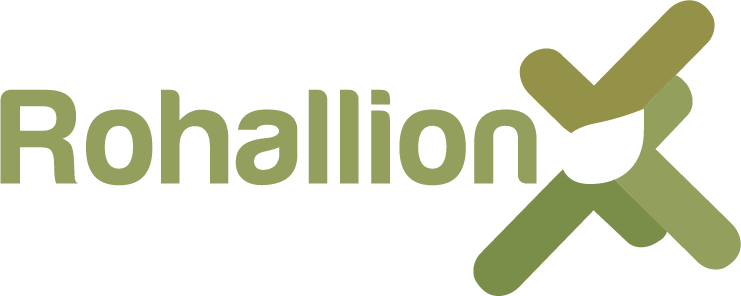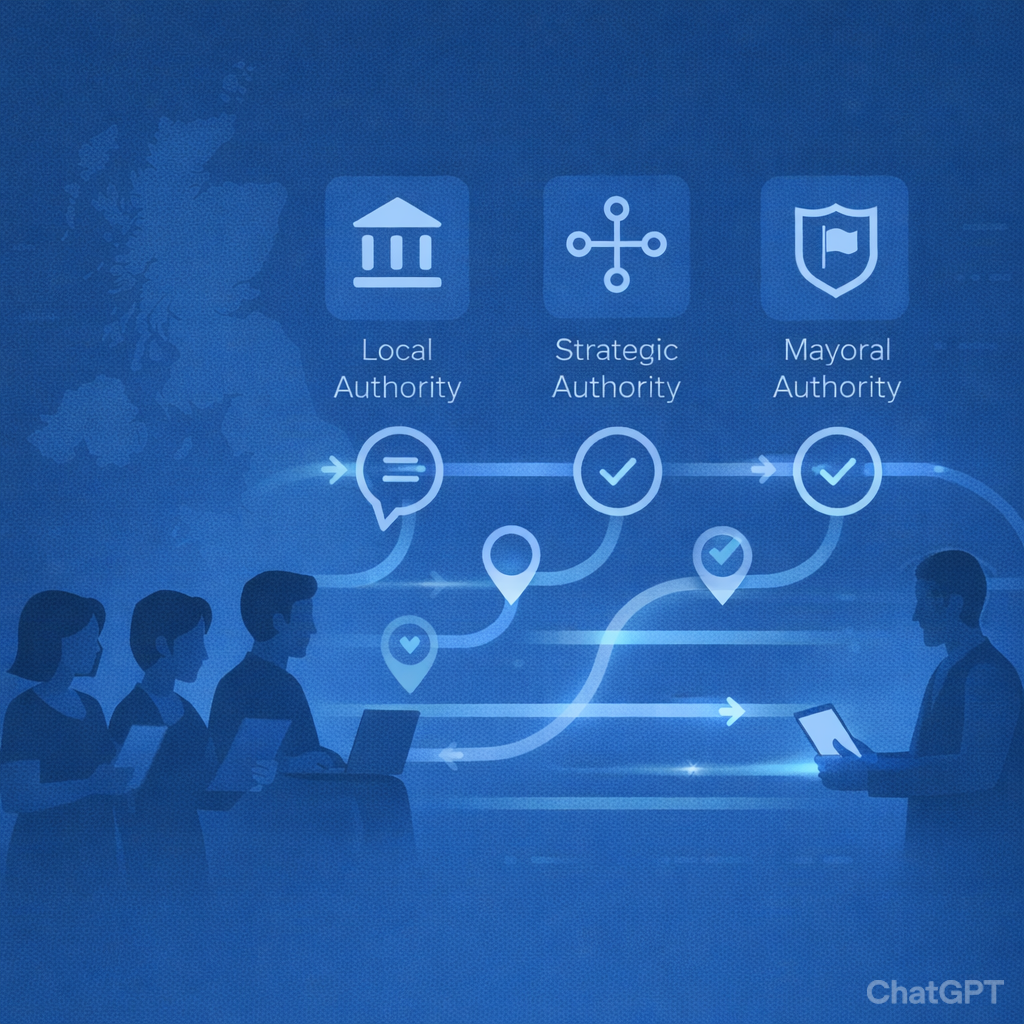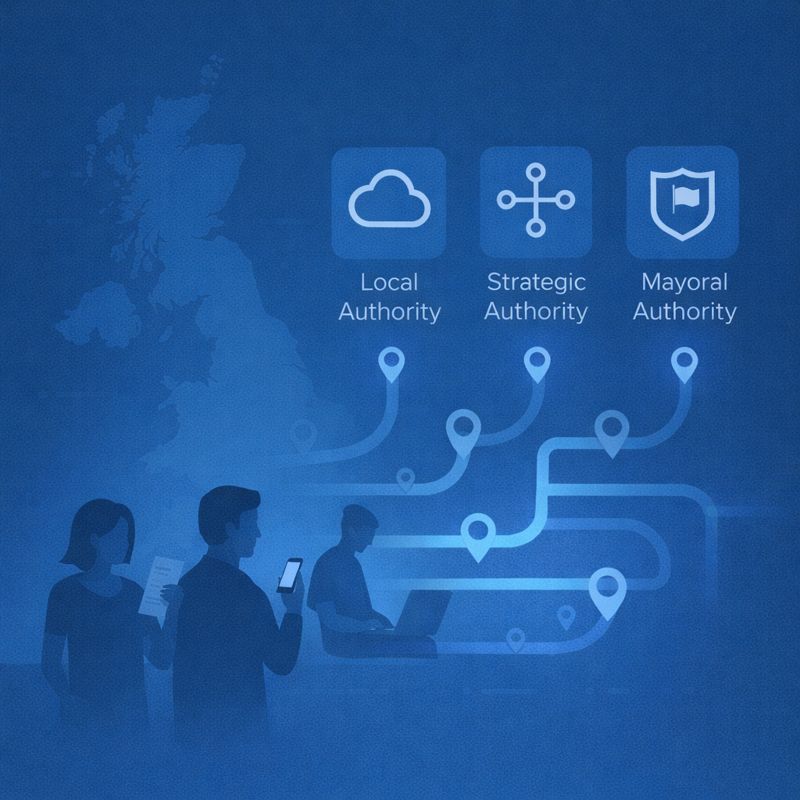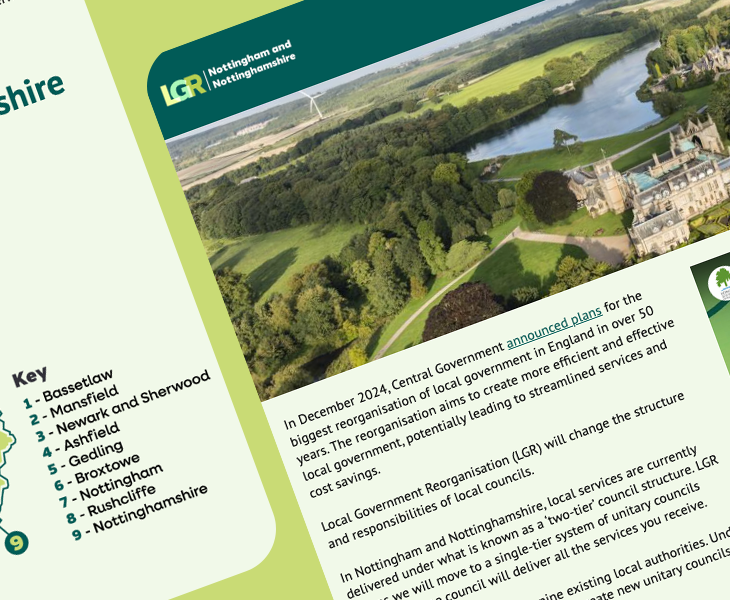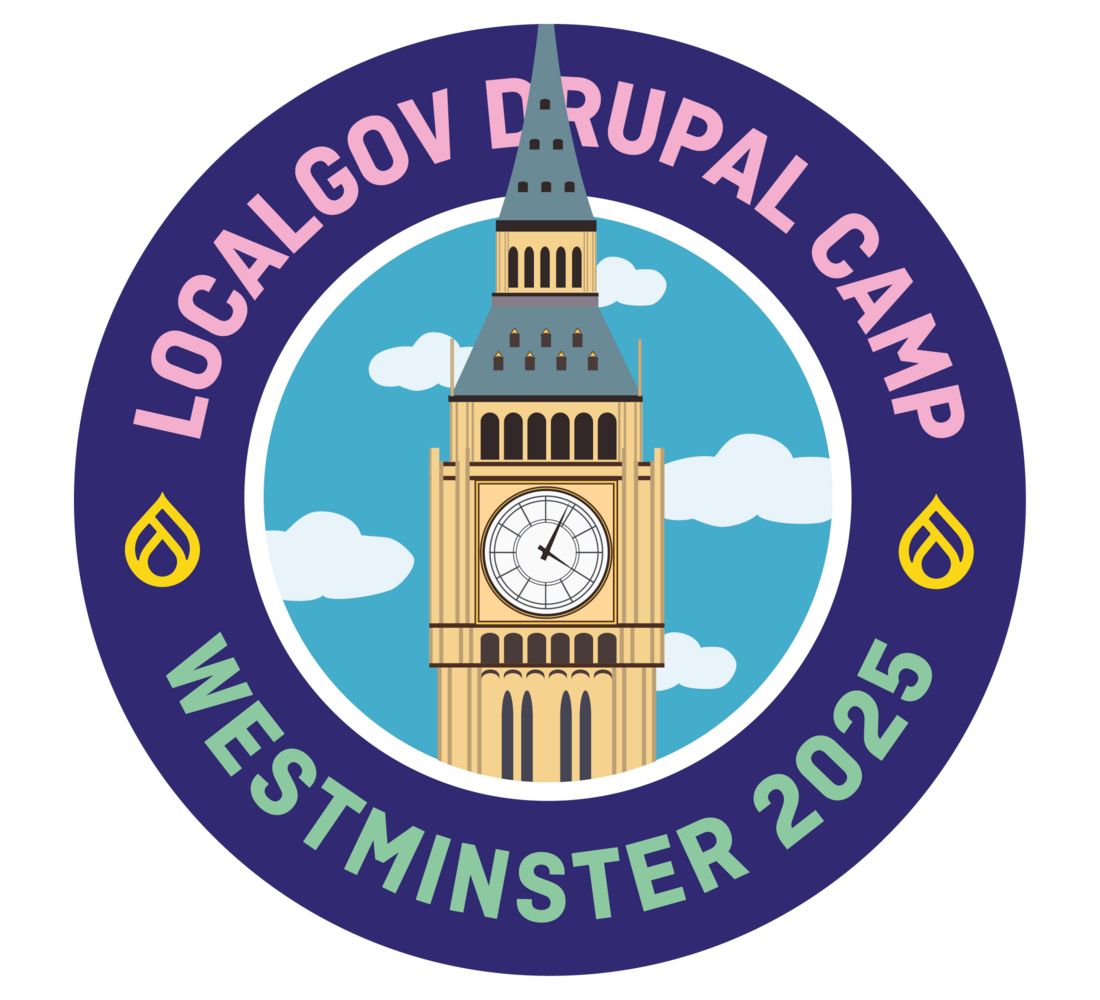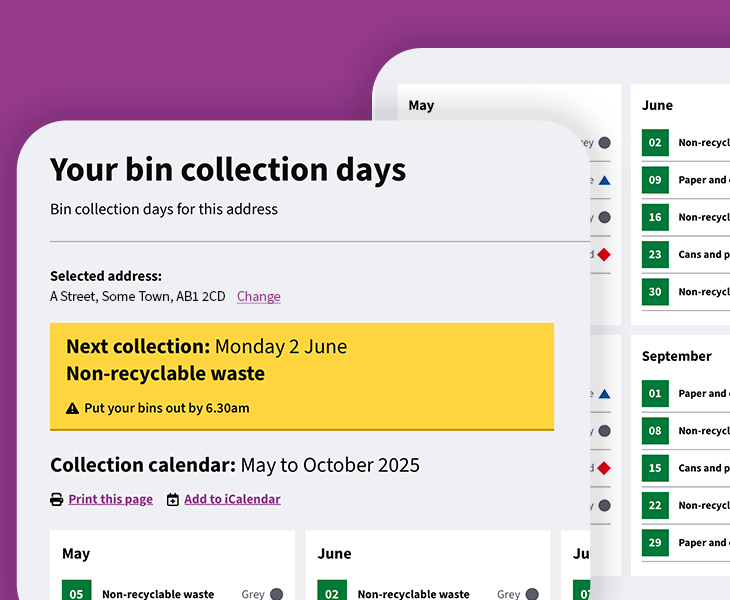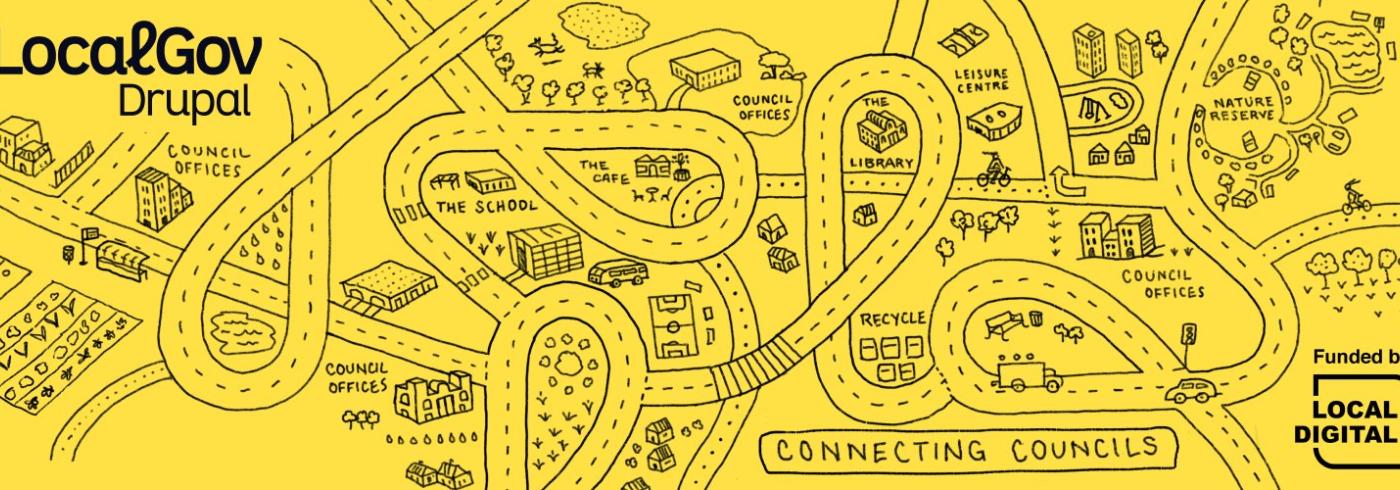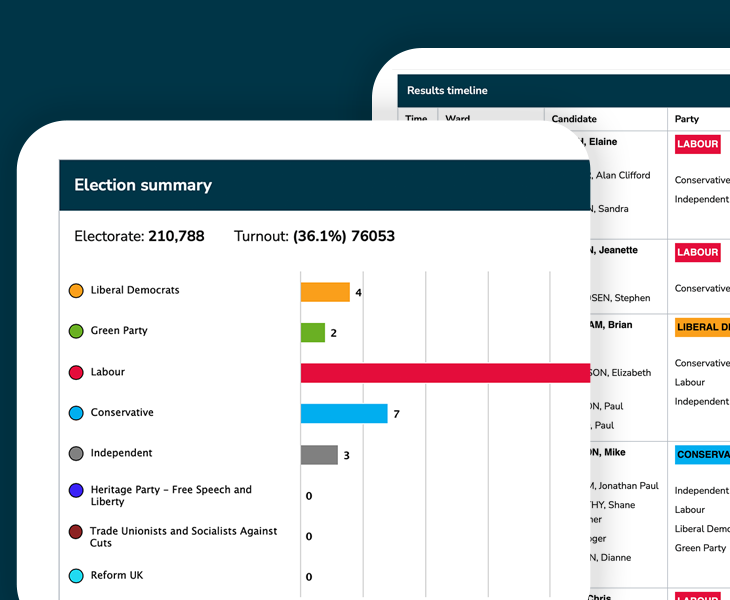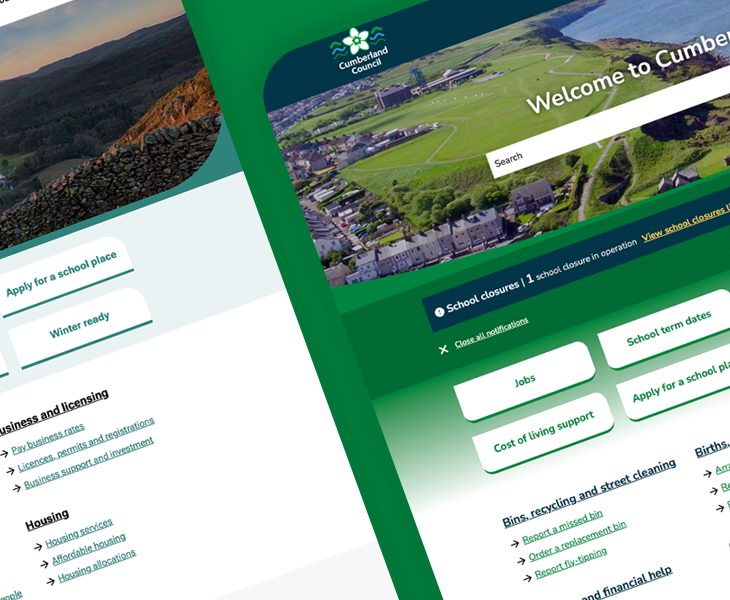02 October 2025
|
Duncan Davidson
Local Government Devolution: Efficiency Through Technology
Local government stands at the threshold of its most significant transformation since the 1970s. The recent English Devolution White Paper marks a watershed moment in how councils will operate across England. Ambitious proposals will reform the two-tier system to create unitary authorities and establish strategic authorities with elected mayors.
This article is the first in our series exploring how LocalGov Drupal can support local authorities through this transition. If you’re unfamiliar, Local Gov Drupal is an open-source collaboration between UK councils that provides a standardised, flexible website platform. It’s specifically designed for local government, helping councils deliver better digital services more efficiently.
We explore the technological implications of local government reorganisation below and explore how a standardised open-source platform can result in streamlined digital services to boost efficiency and growth.
What’s driving devolution?
The government's white paper, "Power and Partnership: Foundations for Growth," sets out a vision to transform governance in England by shifting power from Westminster to locally-led strategic authorities.
A vital component of this reorganisation involves moving from the current patchwork of two-tier local government towards more unified, streamlined structures. The commitment is described as "resetting the relationship with local and regional government, empowering local leaders and Mayors to make the right decisions for their communities, and working together to grow an inclusive economy, reform public services and secure better outcomes."
The goal is ambitious but clear: creating councils that are "the right size to achieve efficiencies, improve capacity and withstand financial shocks," typically with populations of 500,000 or more.
Unitary councils can lead to better outcomes for residents, make significant savings to reinvest in public services, and improve accountability with fewer politicians focusing on delivering for residents.
Transformation powered by technology
While structural reform is essential, the white paper notes, "Technology lies at the core of the public sector, and this legislation presents a vital opportunity for councils to transform their digital infrastructure."
This is where LocalGov Drupal becomes a vital enabler of the devolution agenda. As a standardised, open-source platform specifically designed for local government, it offers a ready-made solution that aligns perfectly with the efficiency and streamlining goals underpinning reorganisation.
How LocalGov Drupal supports digital devolution efficiency
1. Reducing duplication and waste
When councils merge to form unitary authorities, they face the challenge of integrating multiple legacy websites and digital services. LocalGov Drupal can serve as the unified digital face of a new authority, significantly simplifying this process.
The shared codebase approach directly helps eliminate duplication. Rather than each council maintaining separate websites with overlapping content and functionality, residents’ needs can be served by a single, well-maintained LocalGov Drupal installation.
2. Cost-effective consolidation
Merging technology estates across multiple councils creates more efficient use of resources and data. By consolidating IT, councils can cut operating costs, reduce technical debt and simplify maintenance processes. LocalGov Drupal supports this by offering:
- Shared development costs across the local government community.
- No vendor lock-in and licensing fees.
- Lower maintenance costs through community support.
- Faster implementation compared to bespoke solutions.
3. Flexible adaptation to different authority types
LocalGov Drupal's configurable architecture makes it suitable for different types and sizes of local authorities, from district councils to large unitary and combined authorities. Whether implementing a completely new digital presence for a merged council or adapting an existing site to reflect new responsibilities, the platform provides the flexibility needed during transition periods.
Migrating to LocalGov Drupal helps councils align with the principles of the devolution framework (efficiency, transparency and citizen engagement) to help prepare for potentially deeper devolution in the future.
This adaptability is crucial, as the government's approach recognises that one size doesn't fit all. While the default population threshold for new unitary councils is 500,000, the white paper acknowledges that "there may be exceptions to ensure new structures make sense for an area."
4. Creating a consistent user experience
For residents, council reorganisation can cause confusion about which authority is now responsible for specific services. LocalGov Drupal mitigates this by providing a consistent information architecture and user experience, making it easier for residents to navigate changes.
The platform's service-focused design helps authorities clearly communicate which services they provide and how to access them – critical during transitional periods when responsibilities are shifting between organisations.
5. A trusted technical network during the transition
LocalGov Drupal brings together digital professionals from across local government, providing a ready-made network for sharing experiences, solutions, and best practices during reorganisation.
This collaborative approach typifies the "more connected systems" that the white paper identifies as essential to successful devolution.
Case study: How Rohallion supported local government reorganisation
When Cumbria County Council and its six district councils announced they would be splitting into two new unitary authorities - Cumberland Council & Westmorland and Furness Council - we worked with them to deliver the efficiencies outlined above.
Combining seven council websites into two presented an opportunity to create a consistent user experience, something which Craig and his team have appreciated. “My team can self-manage more thanks to the support provided by Rohallion and the LocalGov Drupal community.”
Conclusion
LocalGov Drupal offers a standardised, cost-effective platform that aligns perfectly with the government's vision for modern, efficient local councils. Adopting this collaborative approach to technology ensures the structural reorganisation of local authorities delivers tangible benefits for residents through improved digital services.
Investing in shared, open-source platforms like LocalGov Drupal is not just good practice – it's a strategic move that supports the white paper's vision of a modern public sector providing better value for money and improved outcomes for communities.
What's next?
In our second article, we'll explore "Digital Integration for New Strategic Authorities and Unitary Councils.” It looks at the technical and organisational challenges involved in merging digital systems from multiple predecessor councils and how LocalGov Drupal's architecture can facilitate a smoother transition to unified digital services.

Learn how we can make LGR easier for you
Simply fill in this form with your key details and we'll be in touch.
